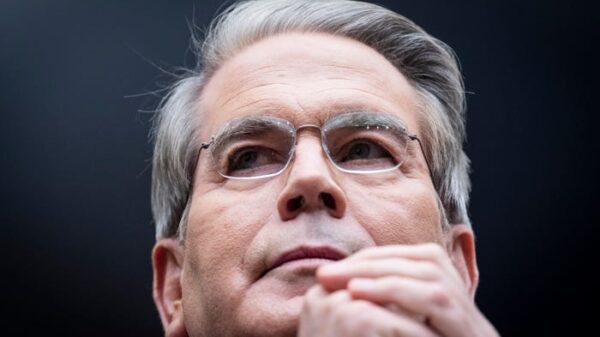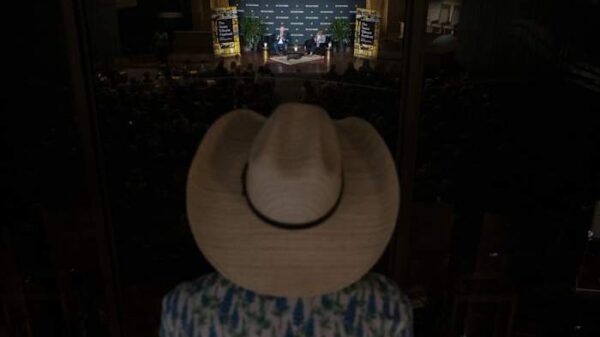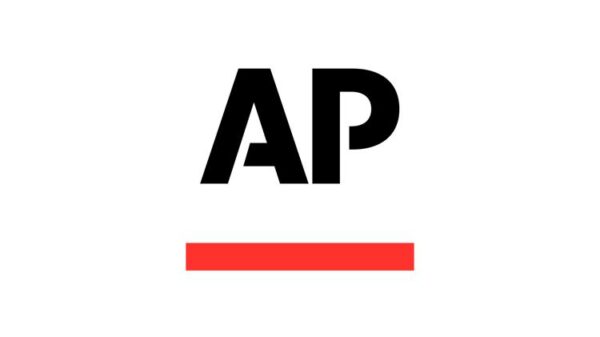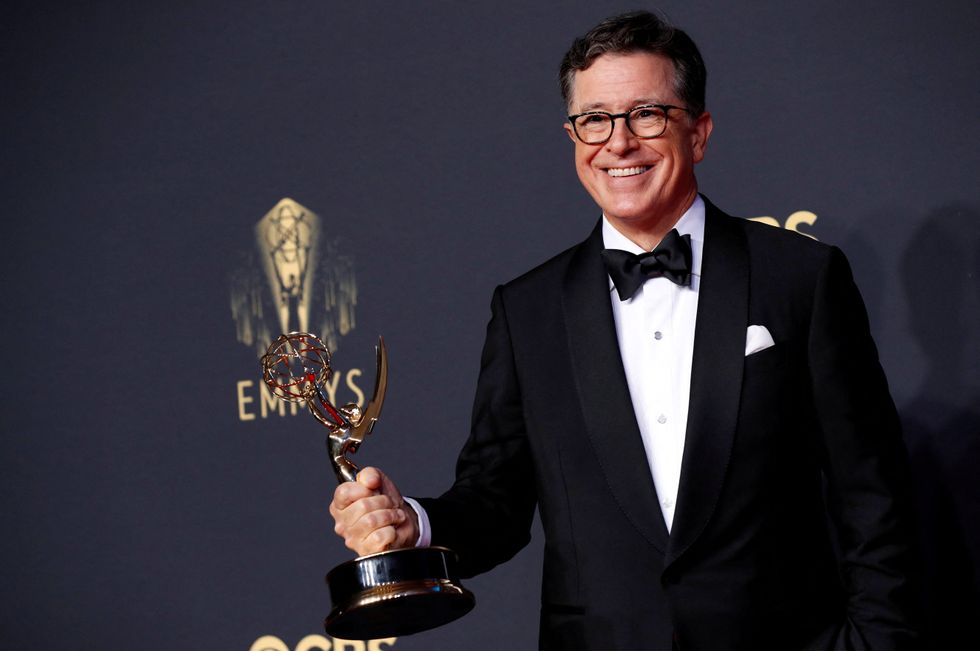The Late Show with Stephen Colbert is set to be cancelled next year due to corporate interests aligning with former President Donald Trump. This move highlights a troubling trend in media, where large conglomerates prioritize profit over democratic values. The cancellation follows the approval of the Paramount merger with Skydance, which is expected to enrich its CEO, Shari Redstone, by approximately $2 billion.
The media landscape has long been dominated by a few powerful companies. A.J. Liebling’s observation in The New Yorker over six decades ago about the press’s freedom being tied to ownership rings especially true today. The current situation illustrates the extent to which media conglomerates, under pressure, may compromise journalistic integrity to curry favor with political figures like Trump.
Recent months have seen a pattern of major entertainment companies settling lawsuits with Trump, appearing to prioritize financial gain over ethical considerations. In a notable case, Disney paid $15 million to assist in settling a lawsuit against ABC News, while Meta contributed $25 million to settle a lawsuit regarding Trump’s social media suspension following the January 6 Capitol riot.
Paramount’s negotiations with Trump included a particularly contentious lawsuit concerning an edited interview with Kamala Harris, which the company labeled “meritless.” The situation escalated when respected 60 Minutes executive producer Bill Owens resigned in protest against corporate interference, followed by the resignation of the CEO of CBS News. Despite these resignations, Paramount ultimately agreed to a $16 million settlement with Trump, and the ripple effects of this deal have now led to Colbert’s exit from the network.
Colbert, known for his sharp critiques of Trump, used his platform to address the situation directly, referring to Paramount’s actions as a “big, fat bribe.” His departure raises serious concerns about the implications for comedy and media in an era where corporate interests increasingly dictate content.
The broader implications of these corporate decisions reflect a troubling capitulation to authoritarianism, as institutions across various sectors, including education and law, appear to prioritize profit over democratic principles. This trend suggests a shift away from the values of free speech and independent journalism, as corporate entities prioritize their own financial benefits.
The legacy of media mogul Sumner Redstone, Shari Redstone’s father, serves as a stark reminder of the prioritization of corporate interests in political matters. Redstone, who was known to endorse candidates based on their potential benefit to his company, famously stated, “I vote for what’s good for Viacom.” This sentiment continues to resonate in today’s media landscape, where profit maximization often overshadows ethical considerations.
Comedians and satirists like Colbert, Jon Stewart, Jimmy Kimmel, and Seth Meyers have provided a critical voice in recent years, helping many navigate the tumultuous political climate. As audiences turn to independent news sources out of distrust for corporate media, the landscape of comedy may soon follow suit, with many seeking truth in places outside of the established conglomerates.
Activist and author Jeff Cohen reflects on the current media environment, noting that maintaining one’s sanity in a politically charged atmosphere is akin to a revolutionary act. As laughter becomes a vital source of respite, the future of comedy in a landscape dominated by corporate interests remains uncertain.
As the media industry continues to evolve, the implications of such corporate decisions will likely resonate far beyond the cancellation of a single show, raising critical questions about the intersection of entertainment, politics, and ethics in contemporary society.





